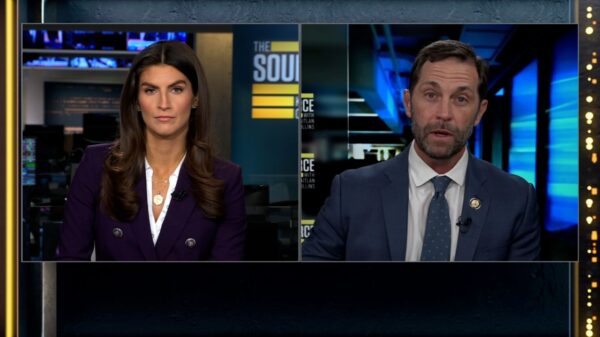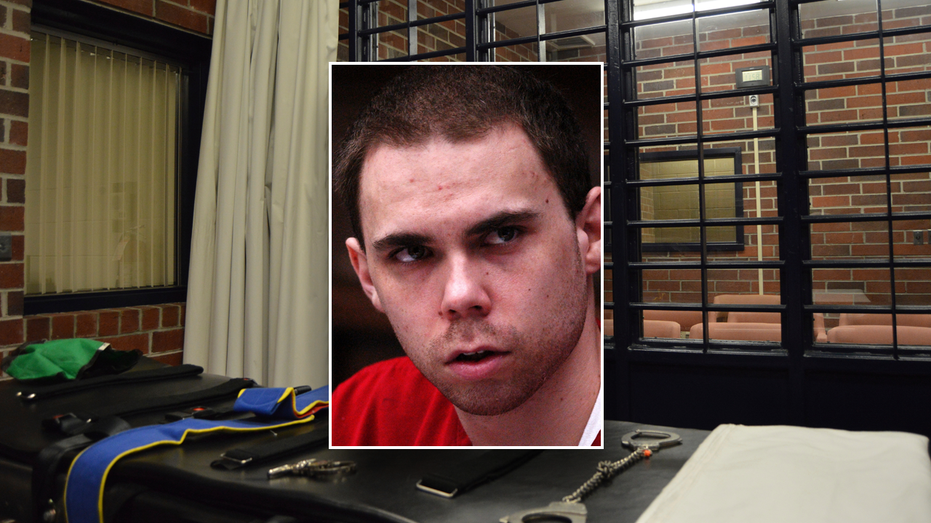UPDATE: The execution of Stephen Bryant, a convicted murderer notorious for his gruesome crimes, is scheduled for November 14, 2024. The South Carolina Supreme Court issued a death warrant, dismissing a plea from his legal team for a delay due to the ongoing federal government shutdown. This shocking case has captivated the nation and raised urgent questions about the death penalty.
Bryant, now 44 years old, was convicted over 20 years ago for the murder of Willard “TJ” Tietjen in Sumter County. In a chilling act, he taunted police by writing “catch me if u can” on a wall using Tietjen’s blood. His execution marks a significant moment in South Carolina’s controversial history with capital punishment, which recently resumed after a lengthy hiatus.
Bryant’s execution is particularly grim, as he is also linked to the deaths of two additional men. Prosecutors revealed that he shot both men while they were urinating on the roadside during a ride in October 2004. He will choose his method of execution—lethal injection, firing squad, or electric chair—by October 31, 2024.
The context of Bryant’s case reveals a troubled past. His lawyers argue that he suffered severe childhood trauma and mental health issues, which they claim contributed to his actions. Testimony from family members indicated he was deeply affected by sexual abuse at the hands of relatives, leading him to substance abuse as a coping mechanism. These revelations add a troubling layer to an already horrific narrative.
Bryant’s upcoming execution will make him the 50th person executed in South Carolina since the state reinstated the death penalty in 1985, and the seventh since executions resumed last year after a 13-year pause caused by difficulties in securing lethal injection drugs. The state legislature has since enacted a law to protect the identities of drug suppliers, allowing executions to proceed more smoothly.
As public discourse continues around the morality and effectiveness of the death penalty, Bryant’s case stands as a stark reminder of the brutal realities of violent crime. The execution is set against a backdrop of national concern regarding the treatment of inmates and the methods of execution. Critics have voiced objections, claiming the lethal injection process may amount to cruel and unusual punishment.
South Carolina’s method of execution has come under scrutiny, especially following reports of painful botched executions, raising ethical questions about the implementation of capital punishment in the state.
In a broader context, 39 executions have taken place across the United States in 2024, with at least five more scheduled before the year ends. The resumption of the death penalty in South Carolina could signal a shift in the national conversation surrounding capital punishment, as this case unfolds.
The public is urged to follow developments closely as Bryant’s execution date approaches, marking a pivotal moment in both the legal system and the ongoing debate over the death penalty in America.
This story is ongoing, and updates will follow as the situation develops.







































































